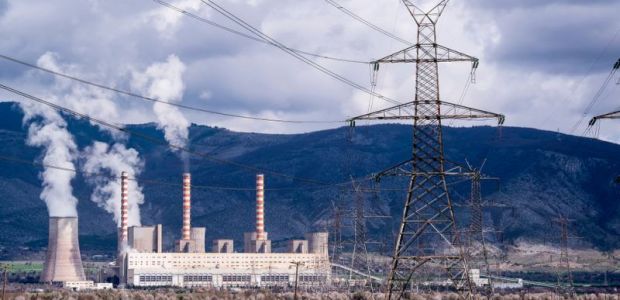Newly appointed energy minister Kostas Skrekas has reached an agreement with European Commission authorities to gradually end power utility PPC’s monopoly of lignite-based electricity production, but a Greek effort aiming to secure compensation for the state-controlled electricity company as a result of its need to keep operating lignite-fired power stations for grid sufficiency will now be treated as a separate issue, reducing the probability of a successful compensation request.
The ministry, under Skrekas’ predecessor, Costis Hatzidakis, had bundled the compensation request with the lignite antitrust case, insisting Athens would only move ahead with the PPC lignite monopoly case – by staging a market test as a first step towards offering independent players access to PPC’s lignite-based electricity production – if compensation money was awarded to the power utility.
Greece appears to have sought 180, 150 and 200 million euros in compensation for 2021, 2022 and 2023, respectively.
The country’s lignite antitrust case has dragged on for 14 years. During this time, lignite has lost its advantage as a lower-cost energy source as result of high CO2 emission right costs. Even so, Brussels has kept the issue on the negotiating table, often attaching tough proposals to the matter.
Under the lignite monopoly agreement just reached between the energy ministry and Brussels, the power utility, through bilateral contracts, will offer rival suppliers small percentages of its lignite-based electricity production at prices slightly below day-ahead market prices over a three-year period.
These electricity amounts will gradually diminish over the three-year period as PPC plans to phase out virtually all of its lignite-fired power stations by 2023 as part of the country’s decarbonization effort.
The percentage of lignite electricity amounts to be made available to independent suppliers will be based on previous-year production. In 2021, PPC will sell 50 percent of its lignite-based electricity produced in 2020, while in 2022 and 2023, the utility will offer 40 percent of production in the respective previous years.
Given these terms, independent suppliers will be able to purchase a combined total of close to 3 TWh in lignite-based electricity this year and between 2 and 3 TWh in 2022.
Independent suppliers should benefit from the agreement given the wholesale electricity market’s higher price levels of late.





